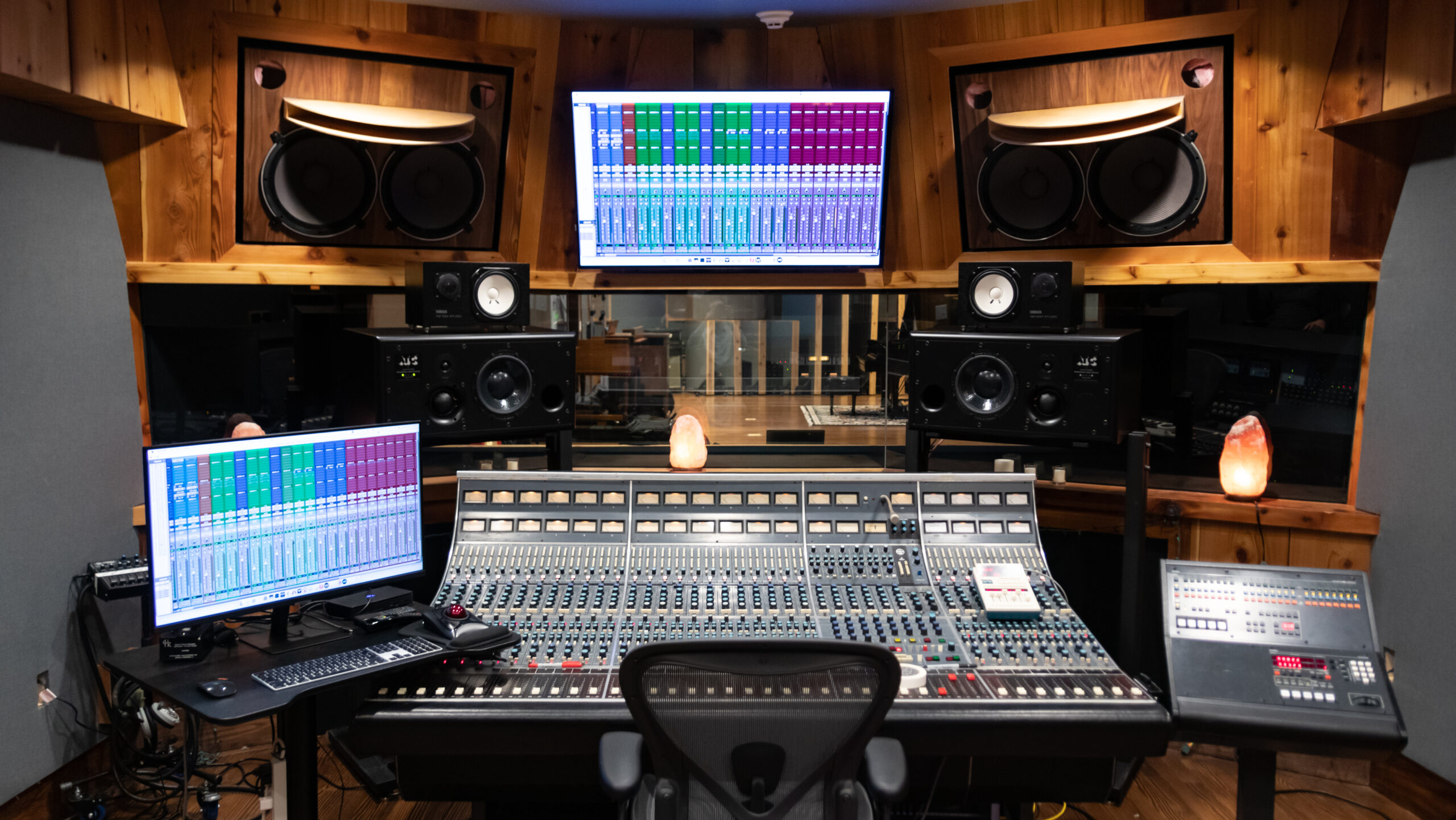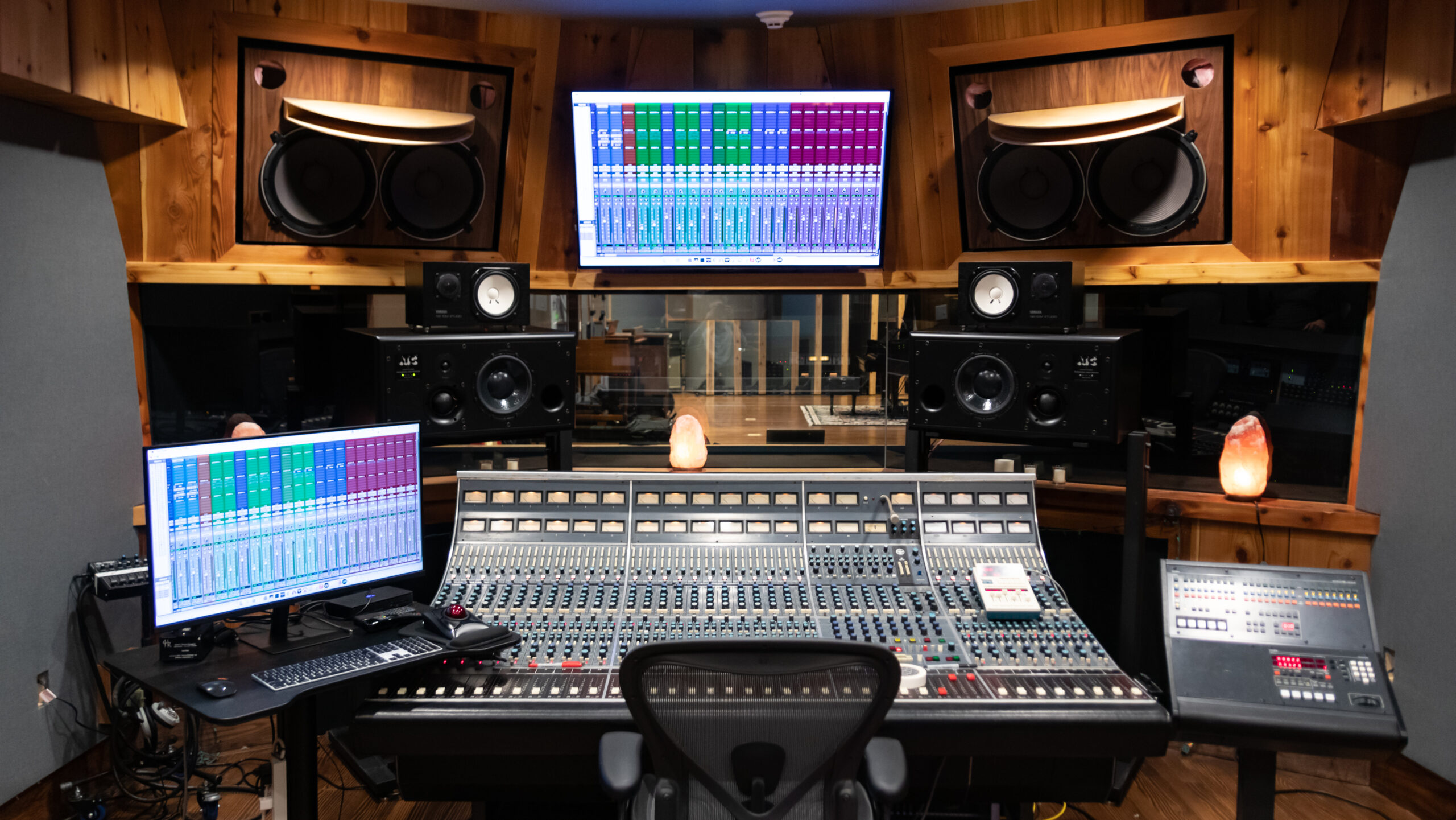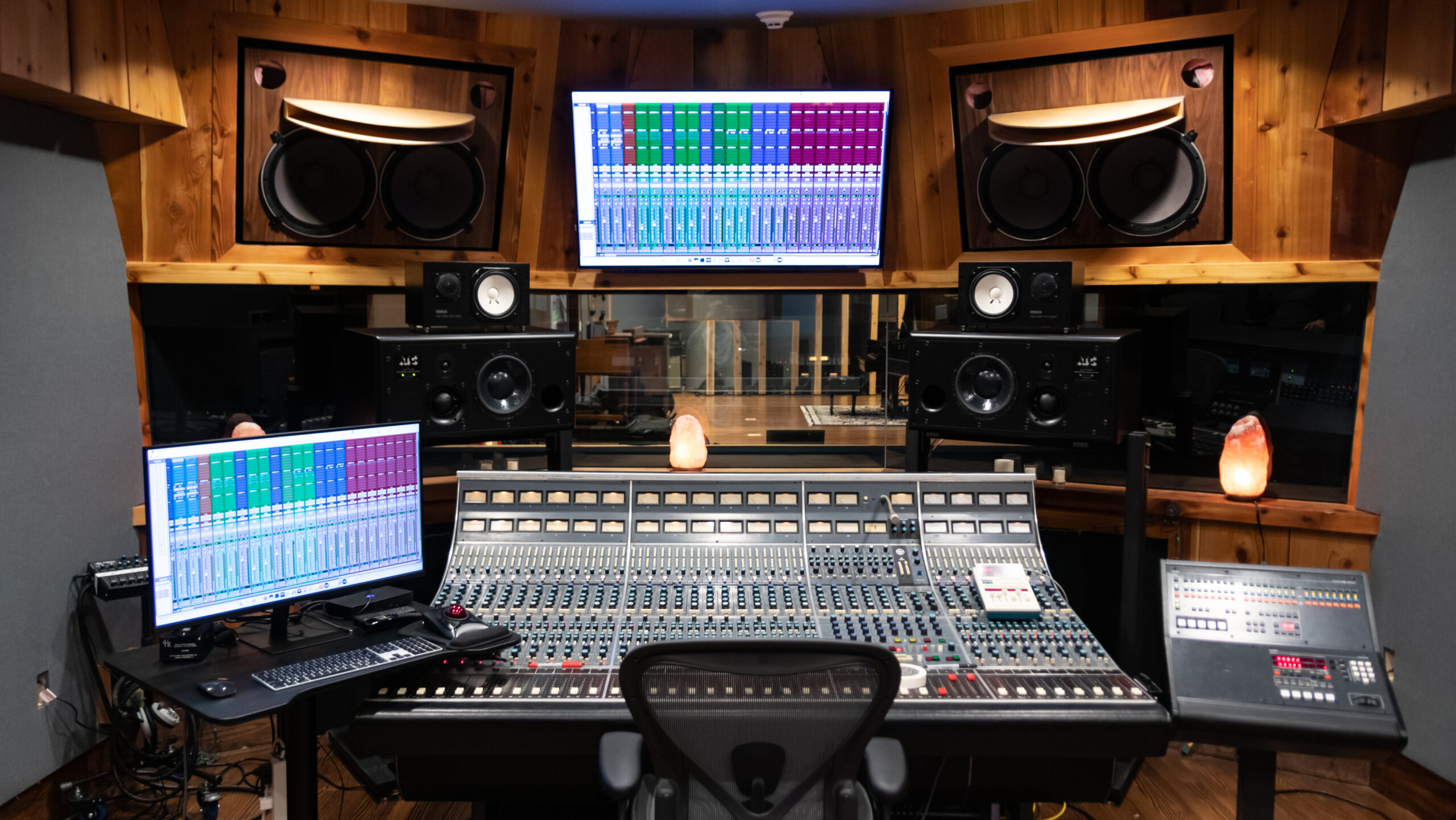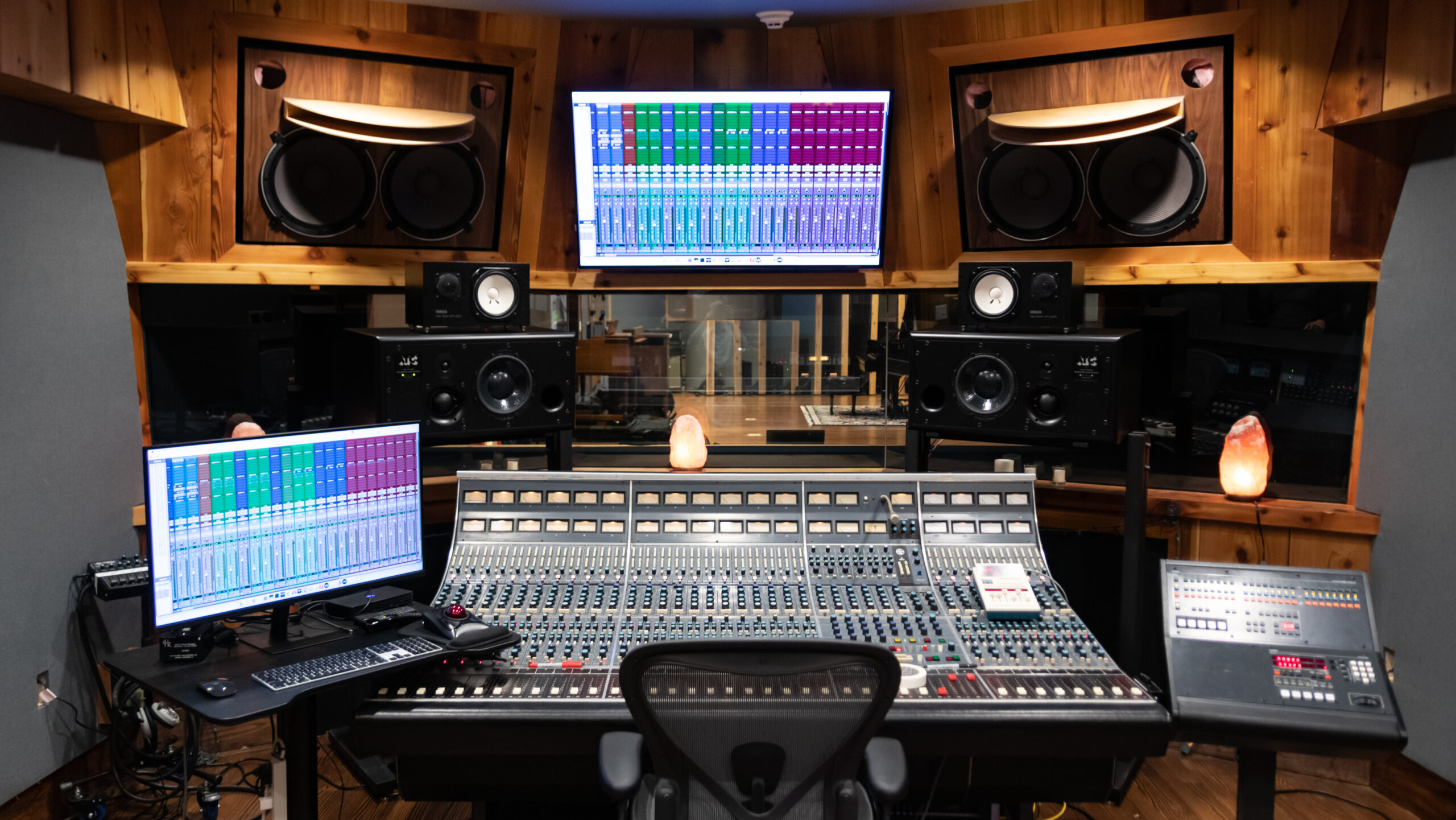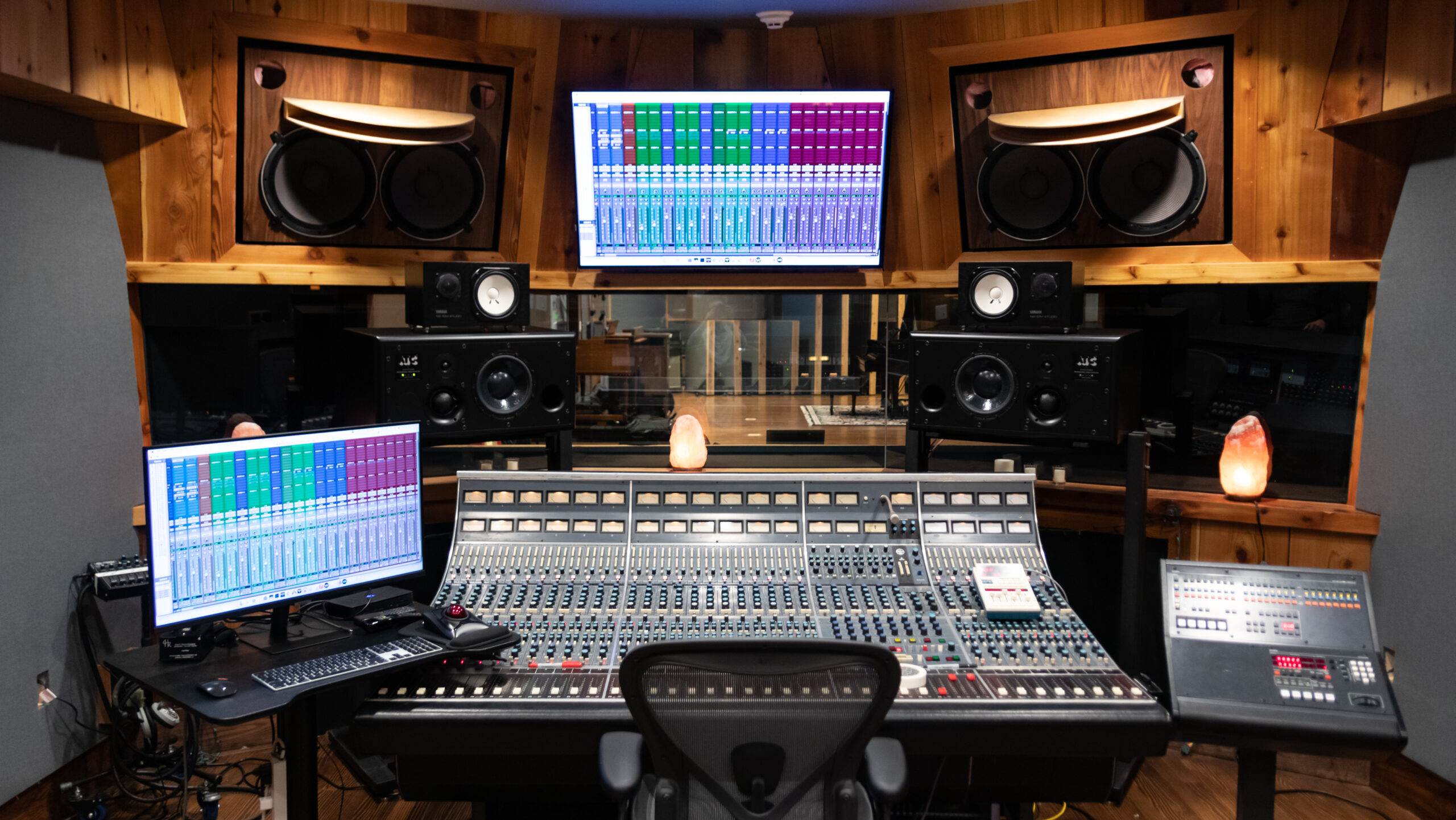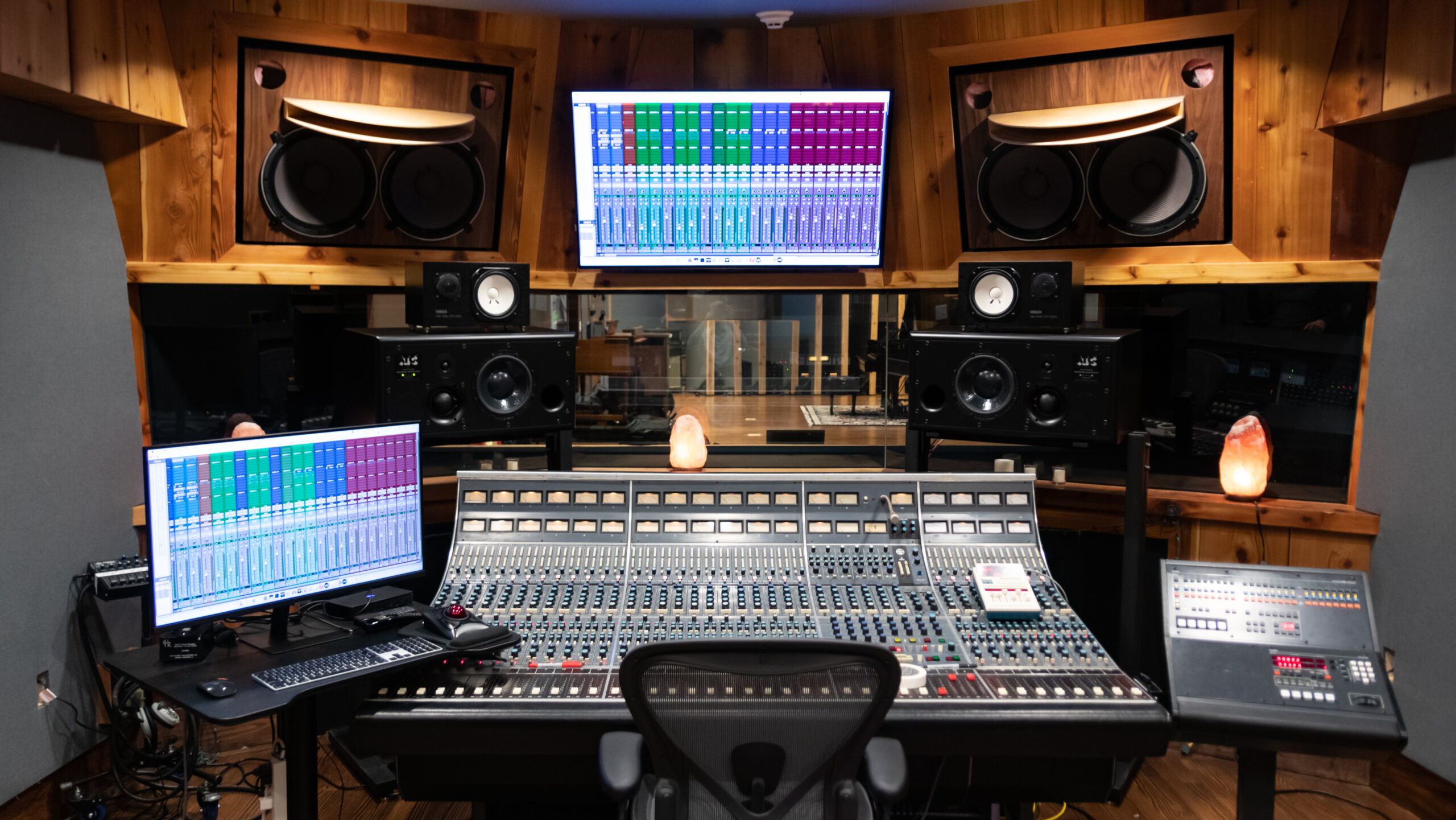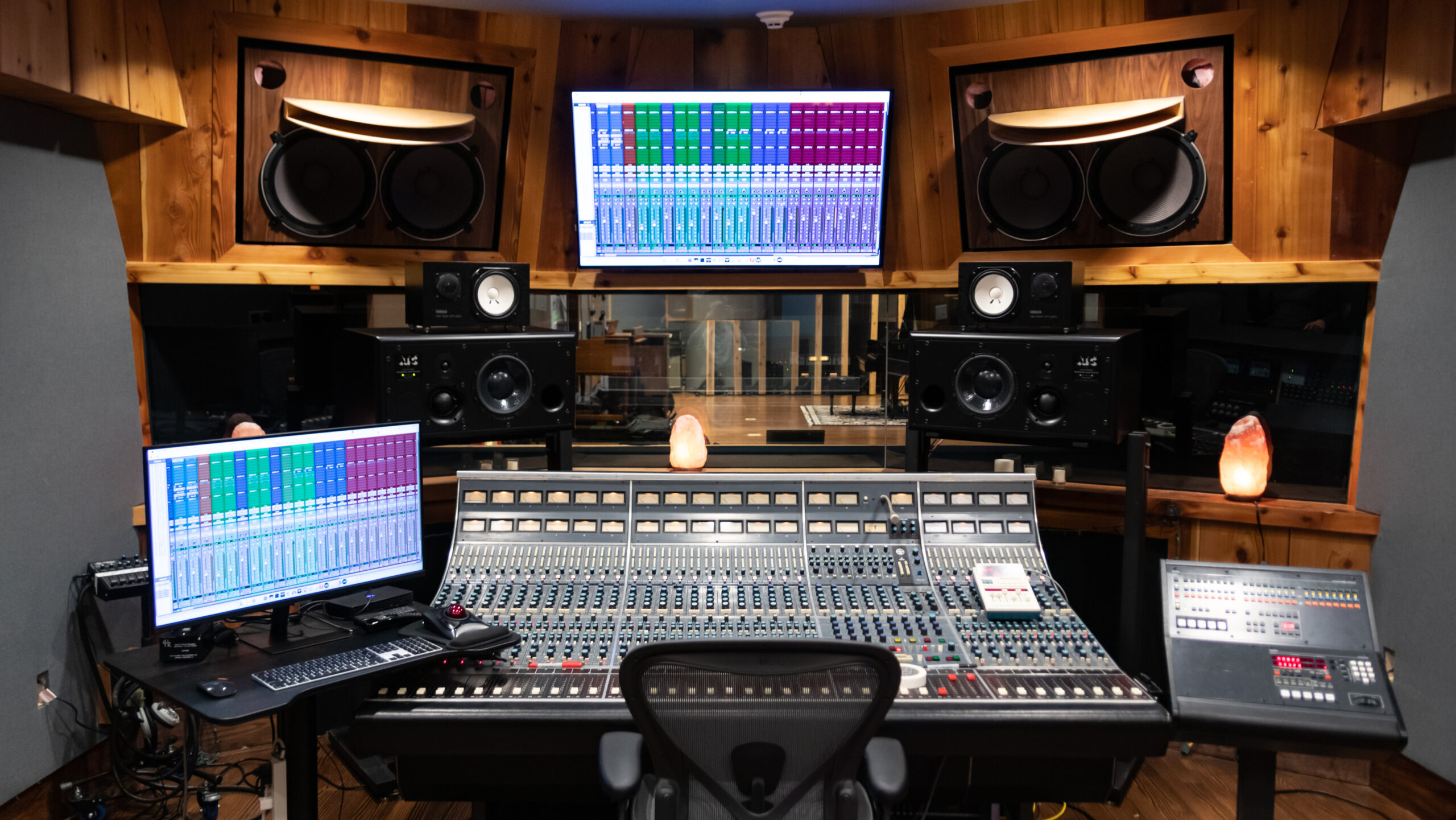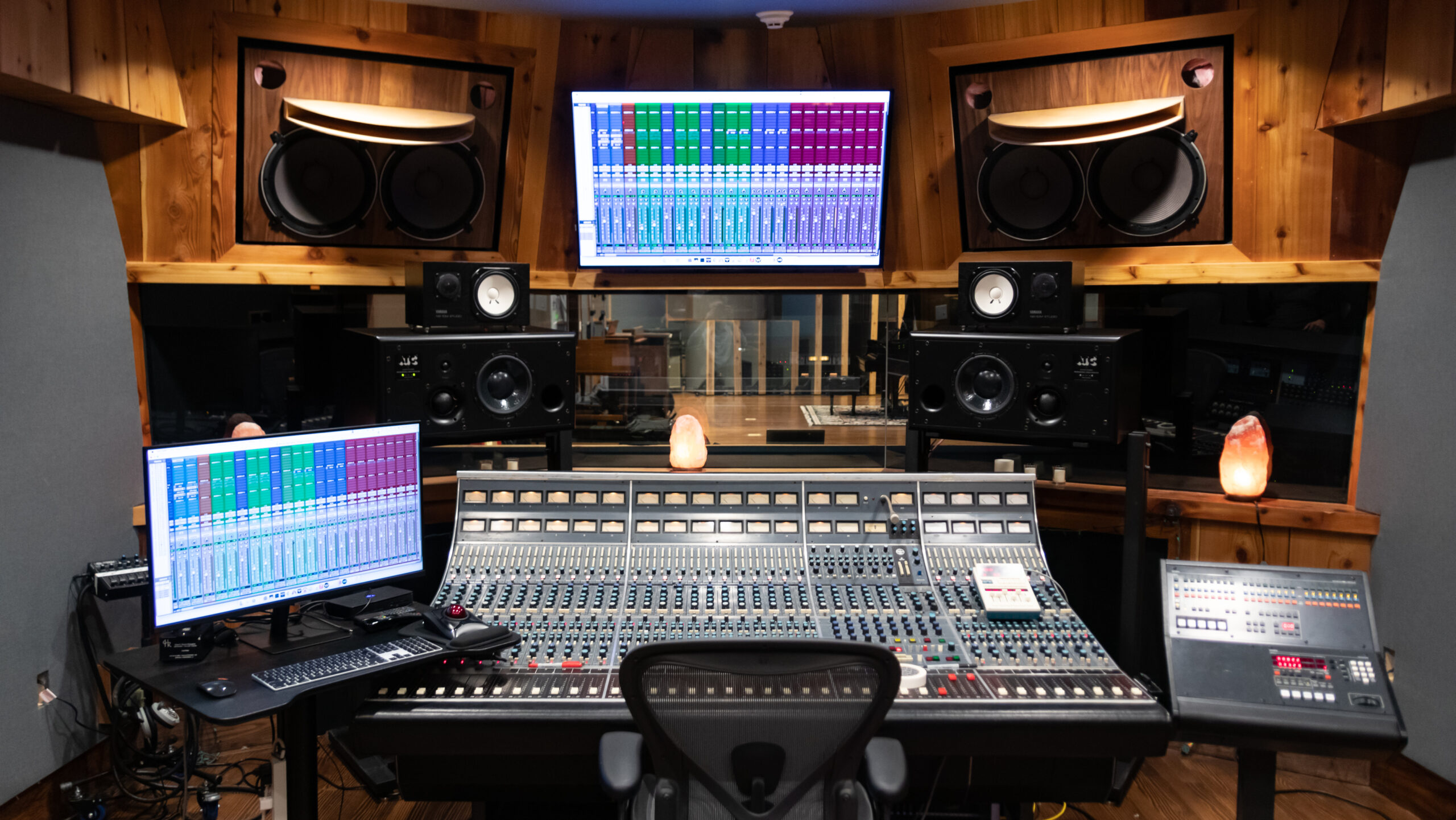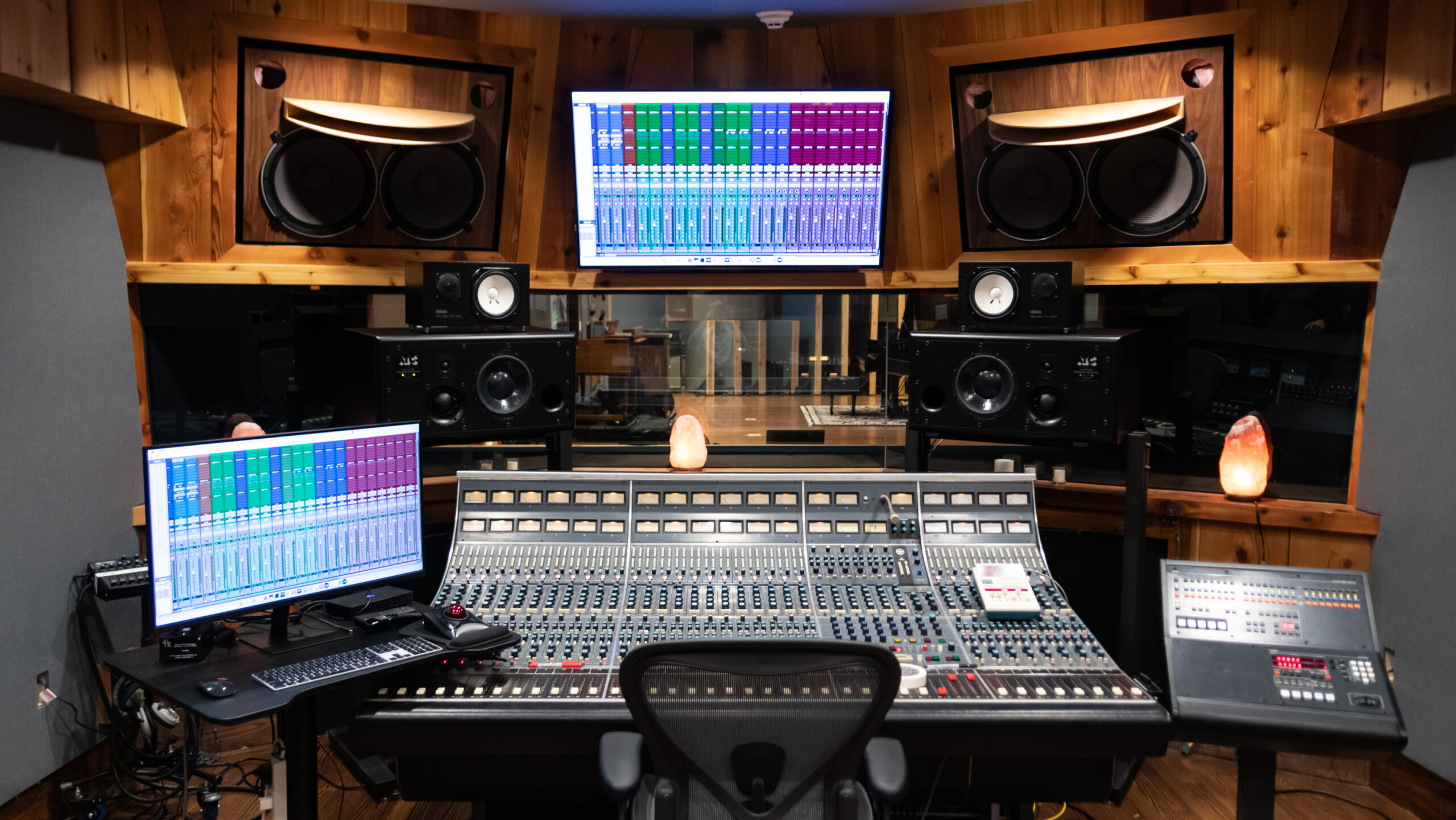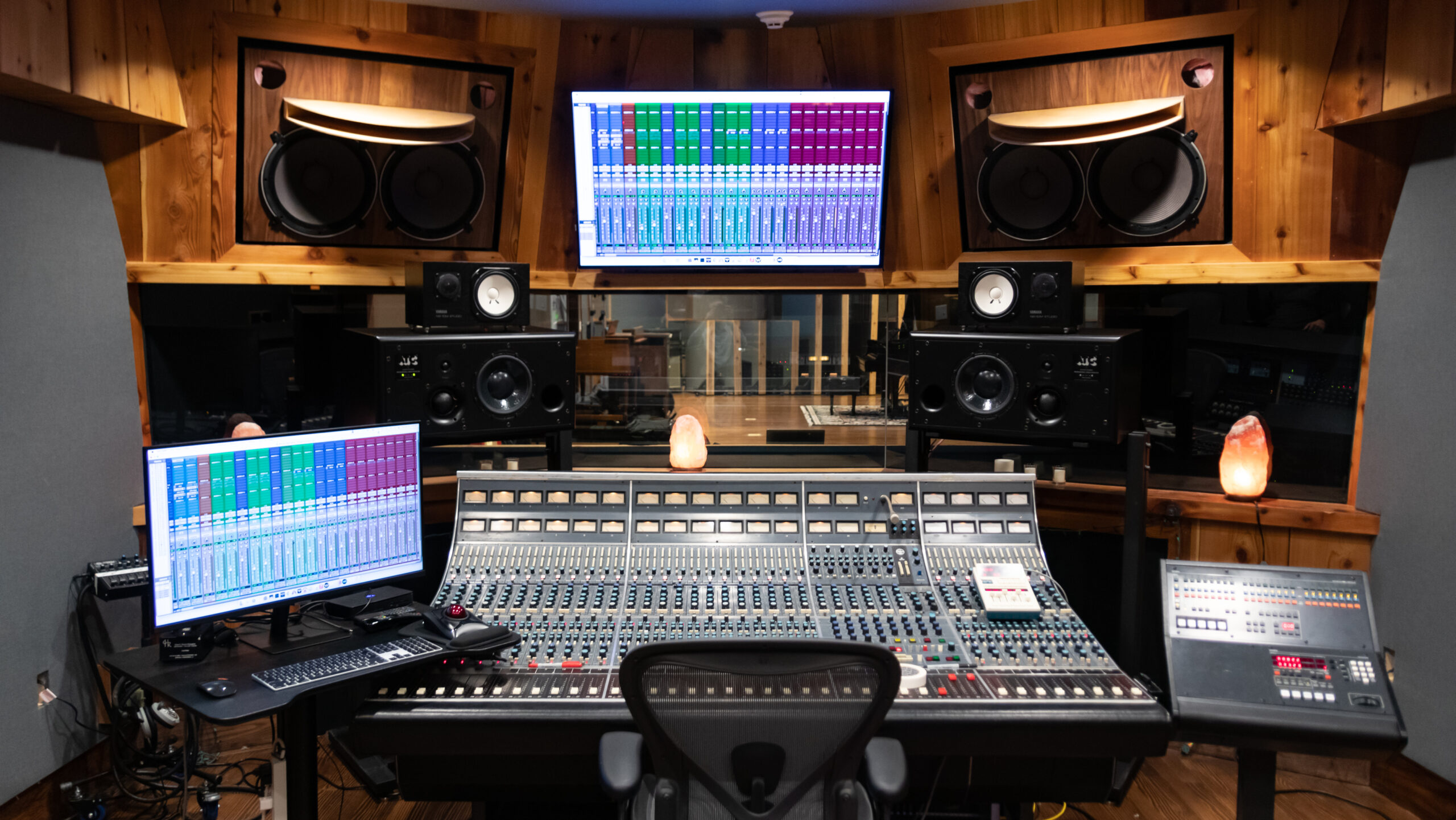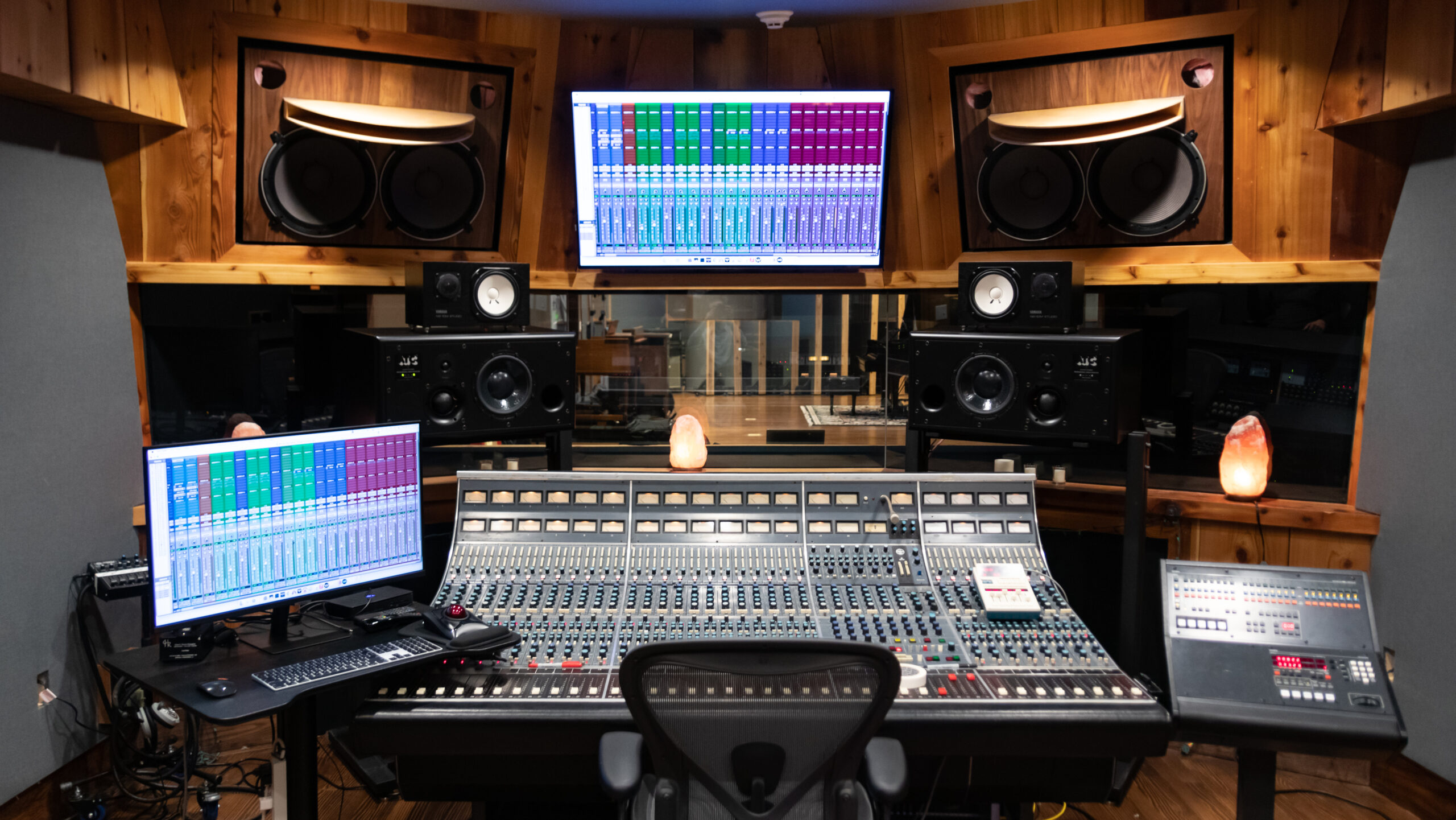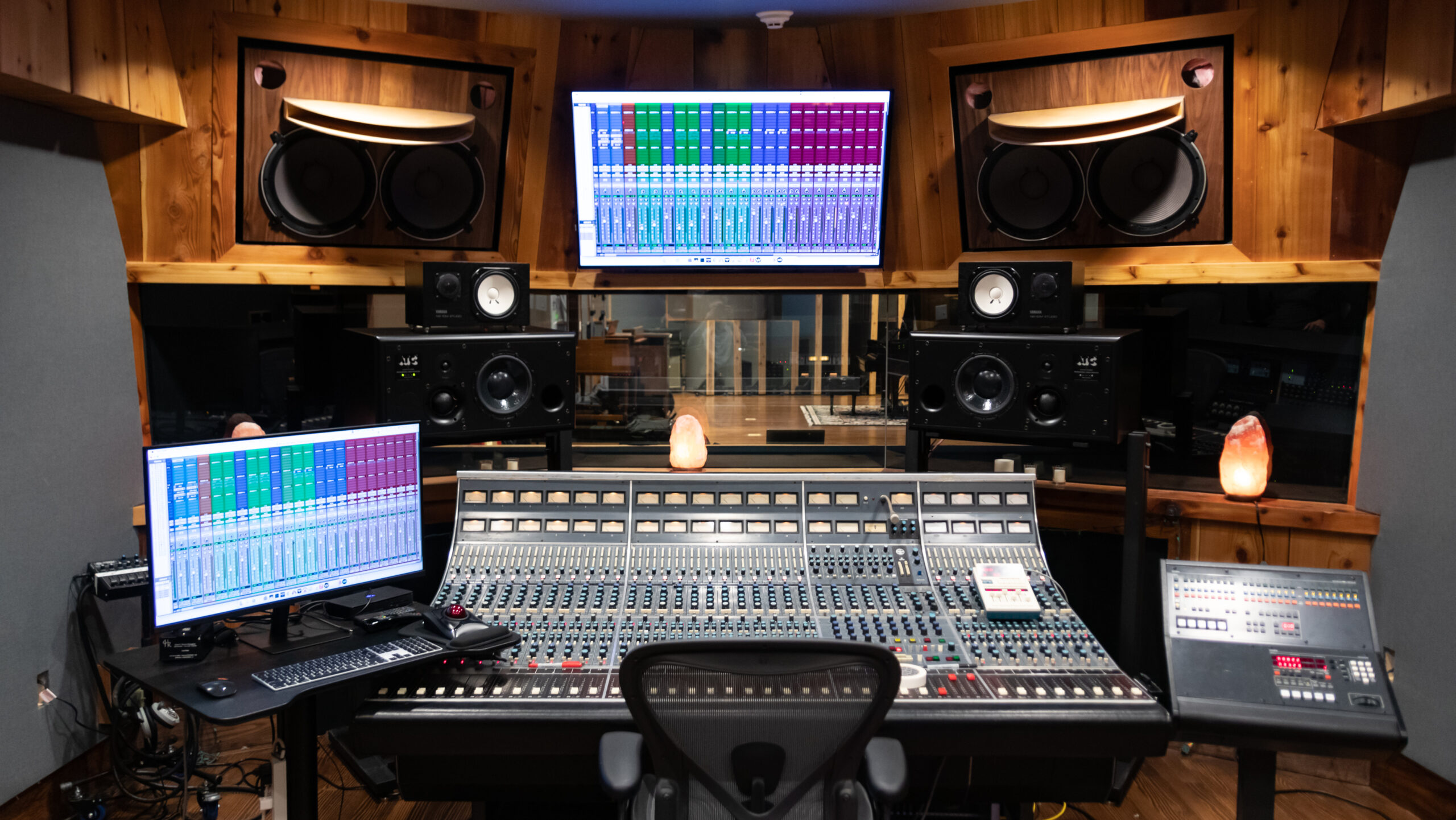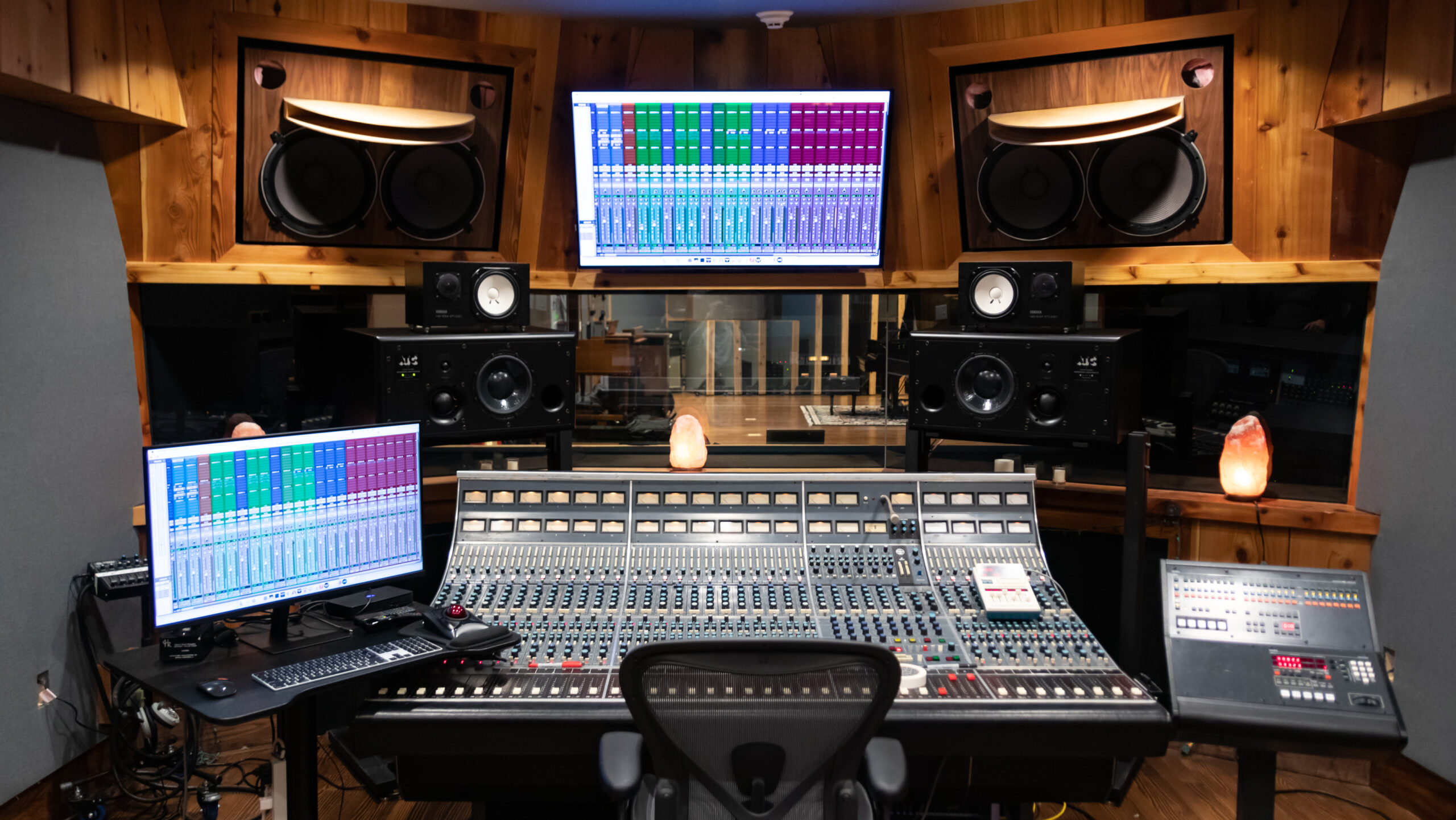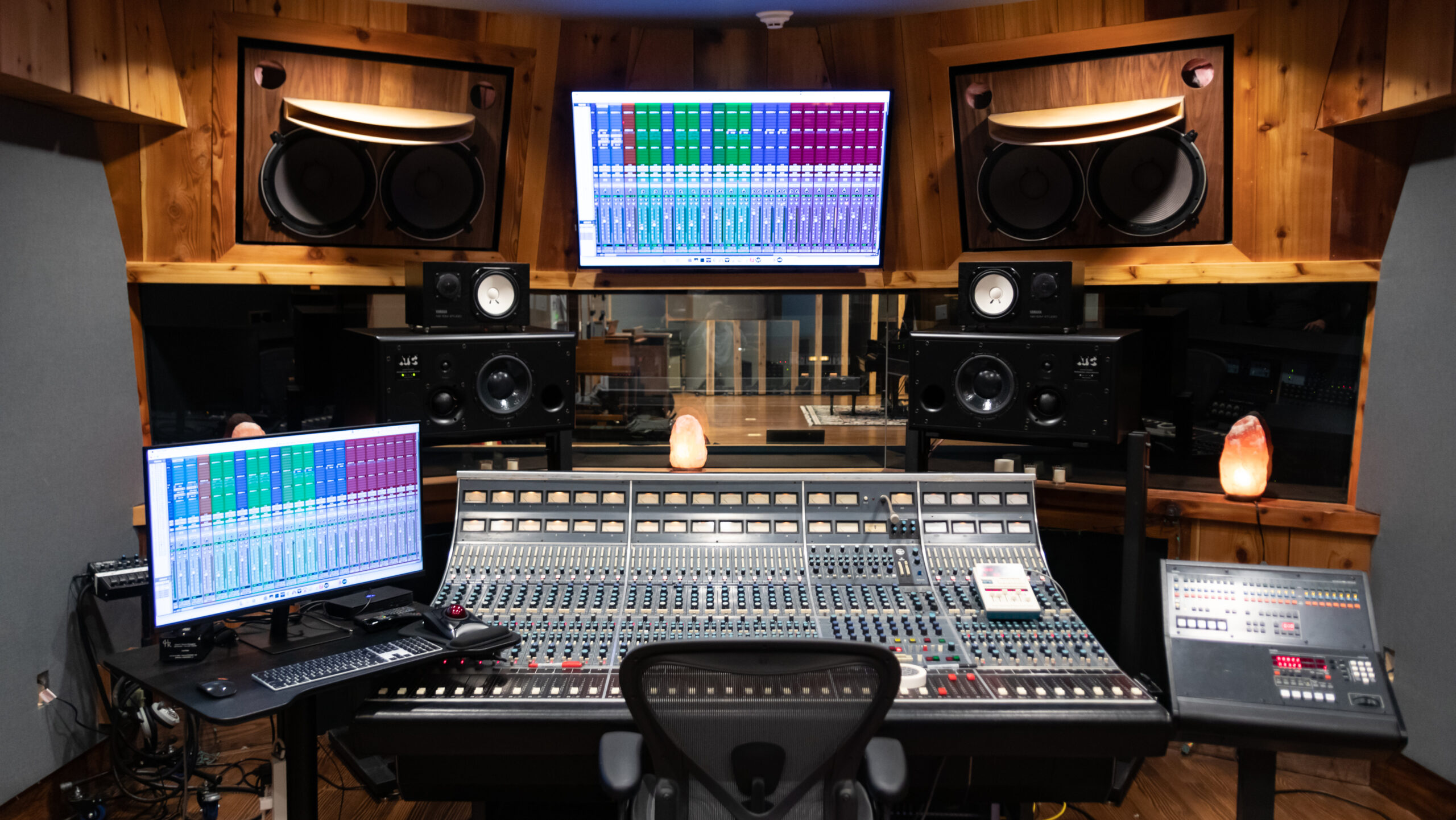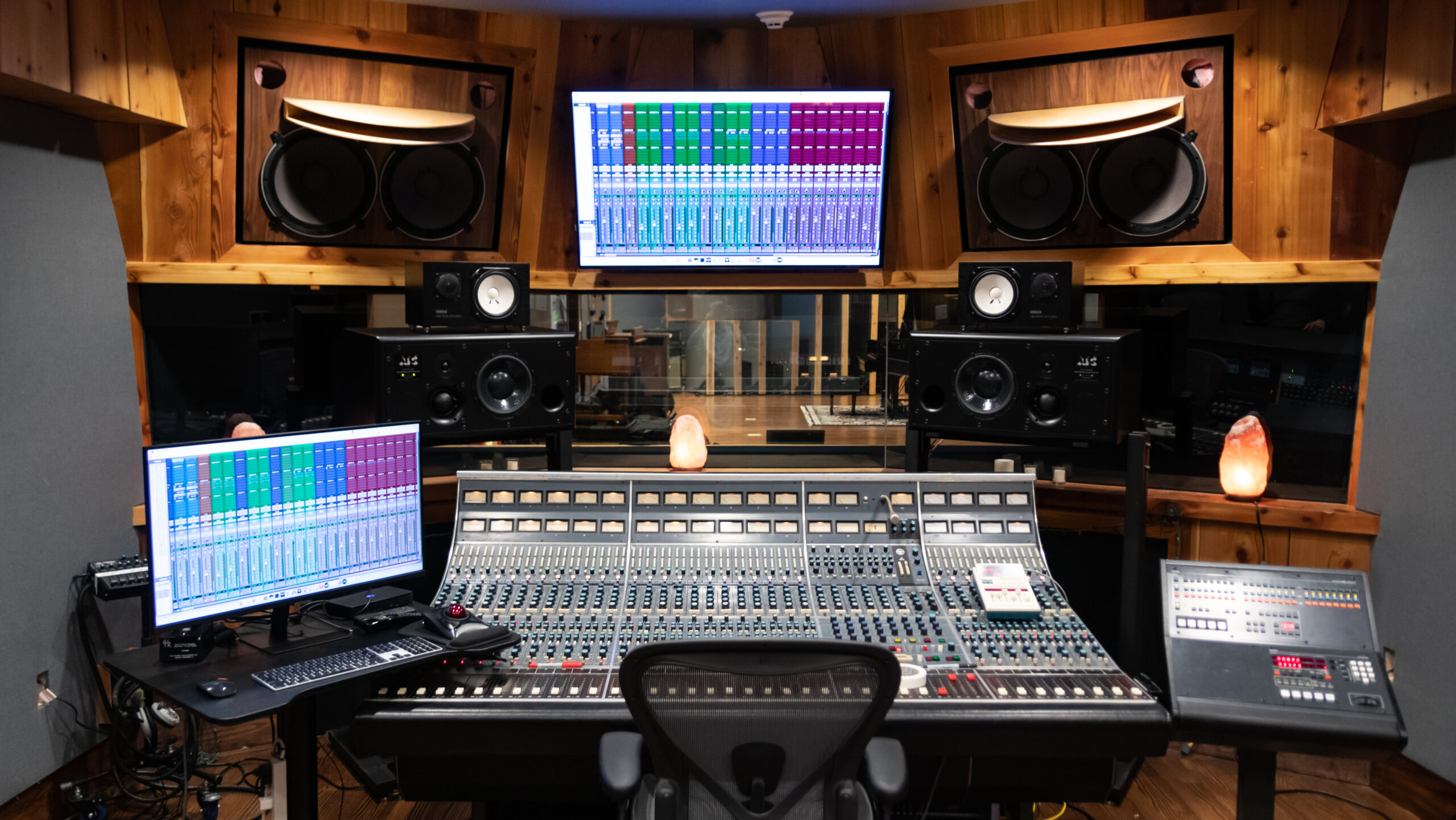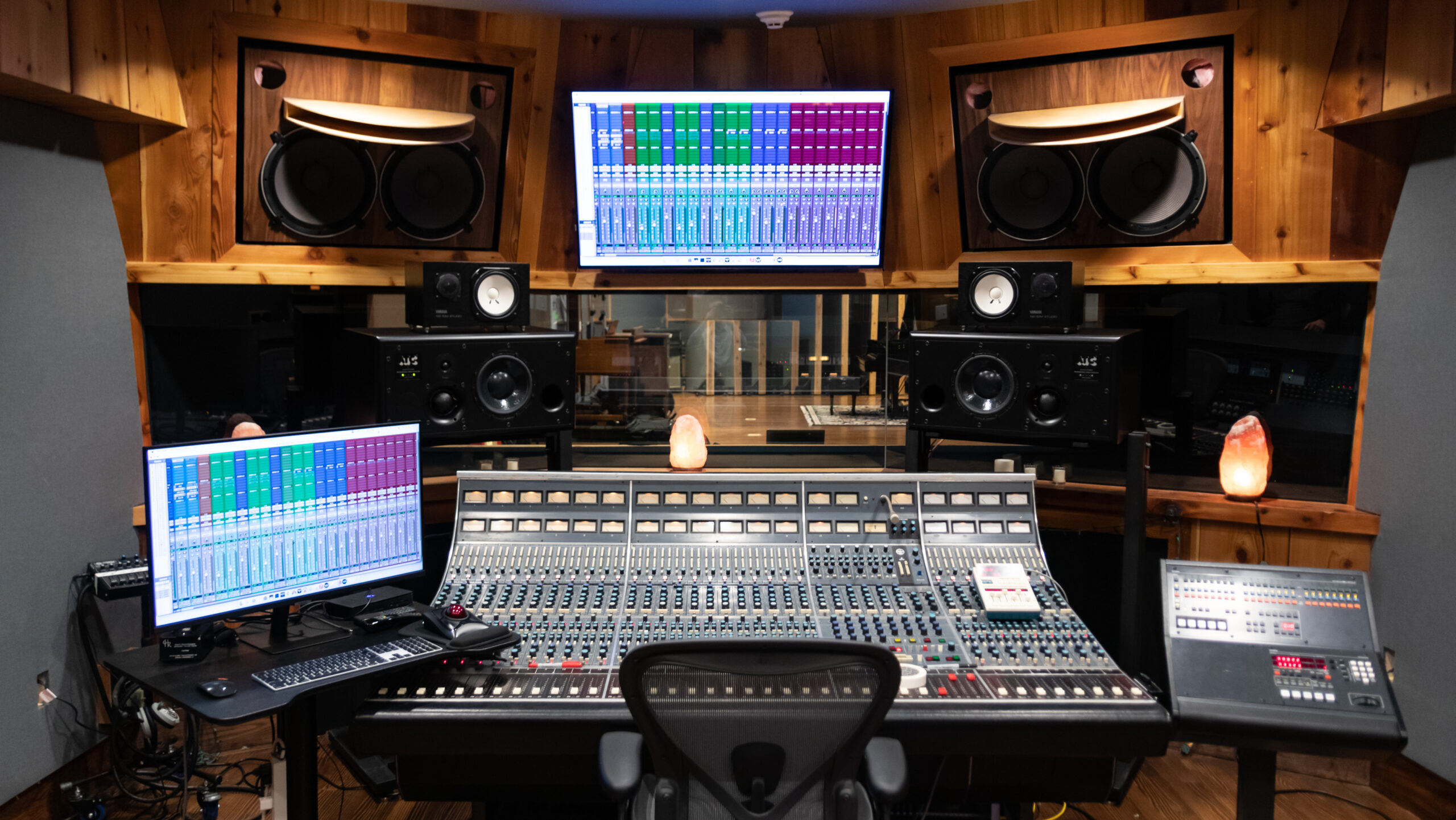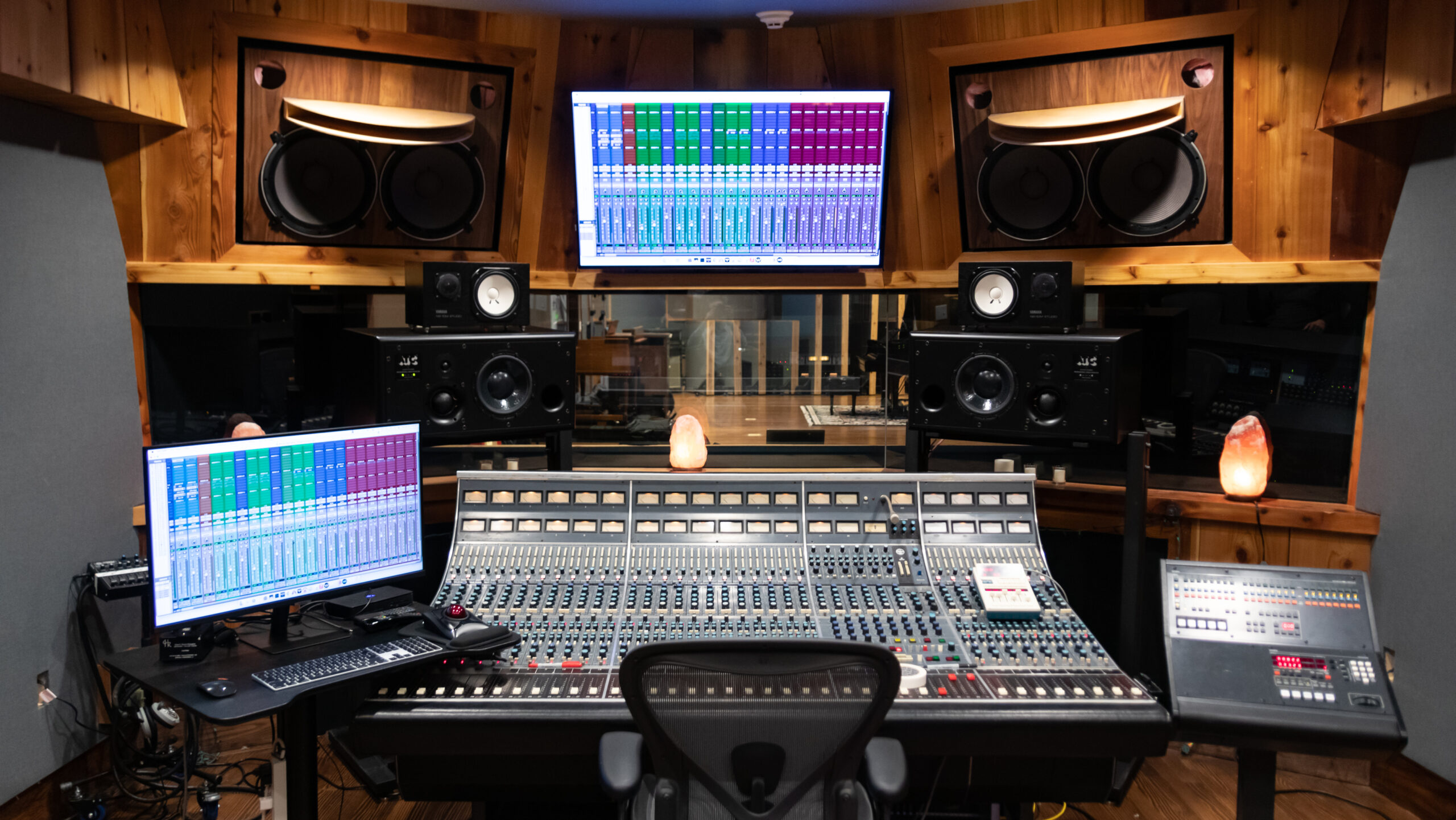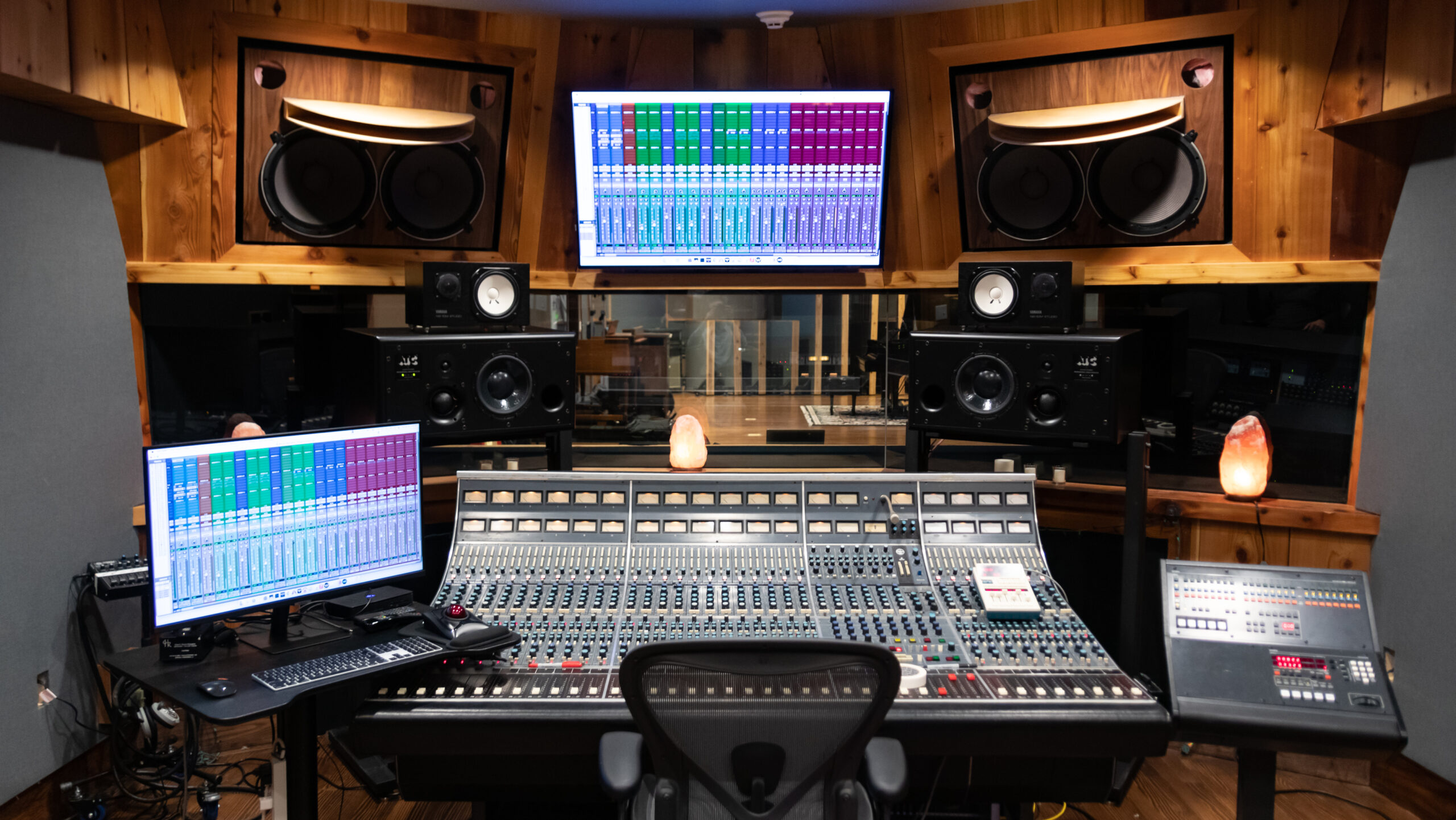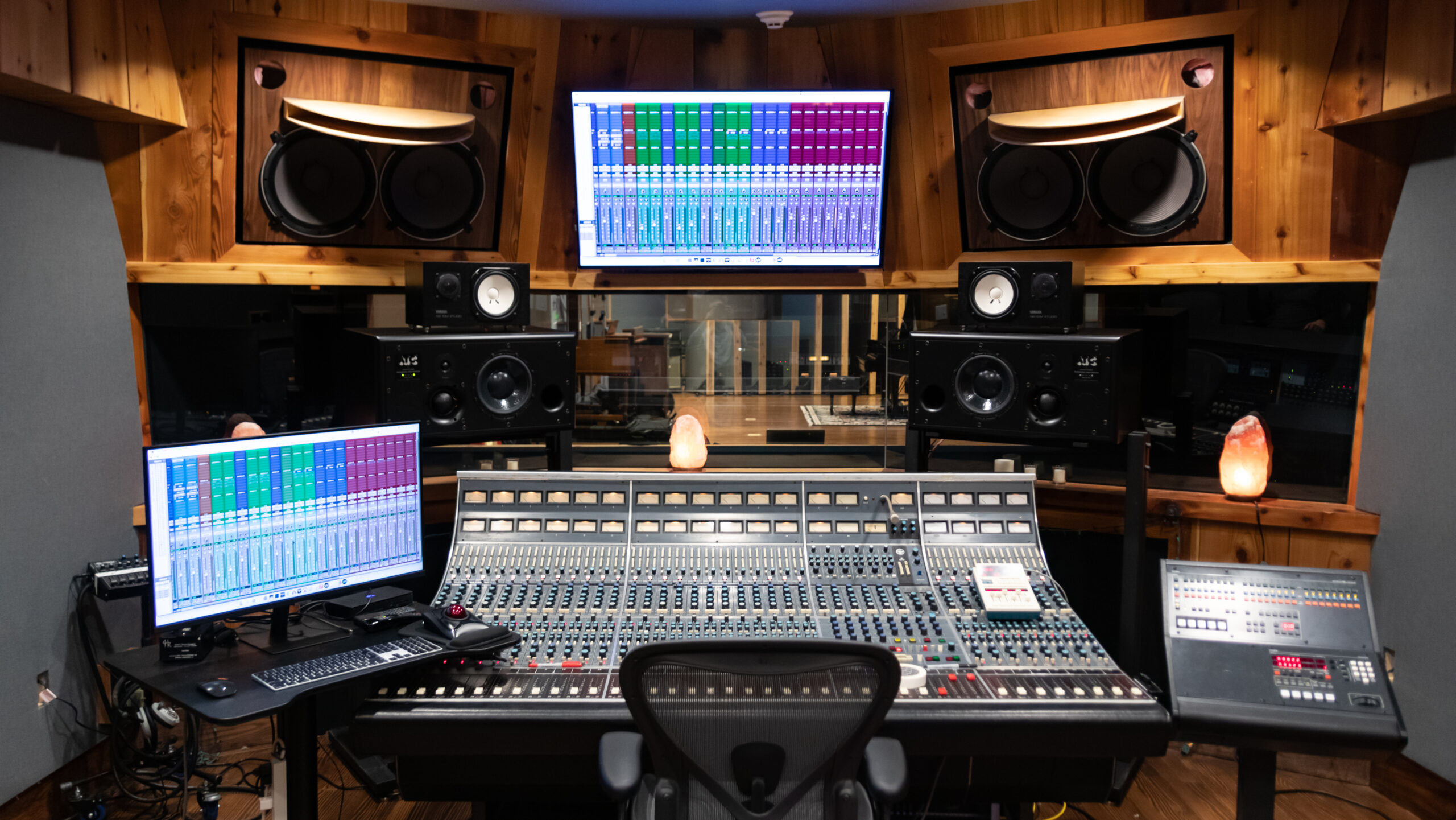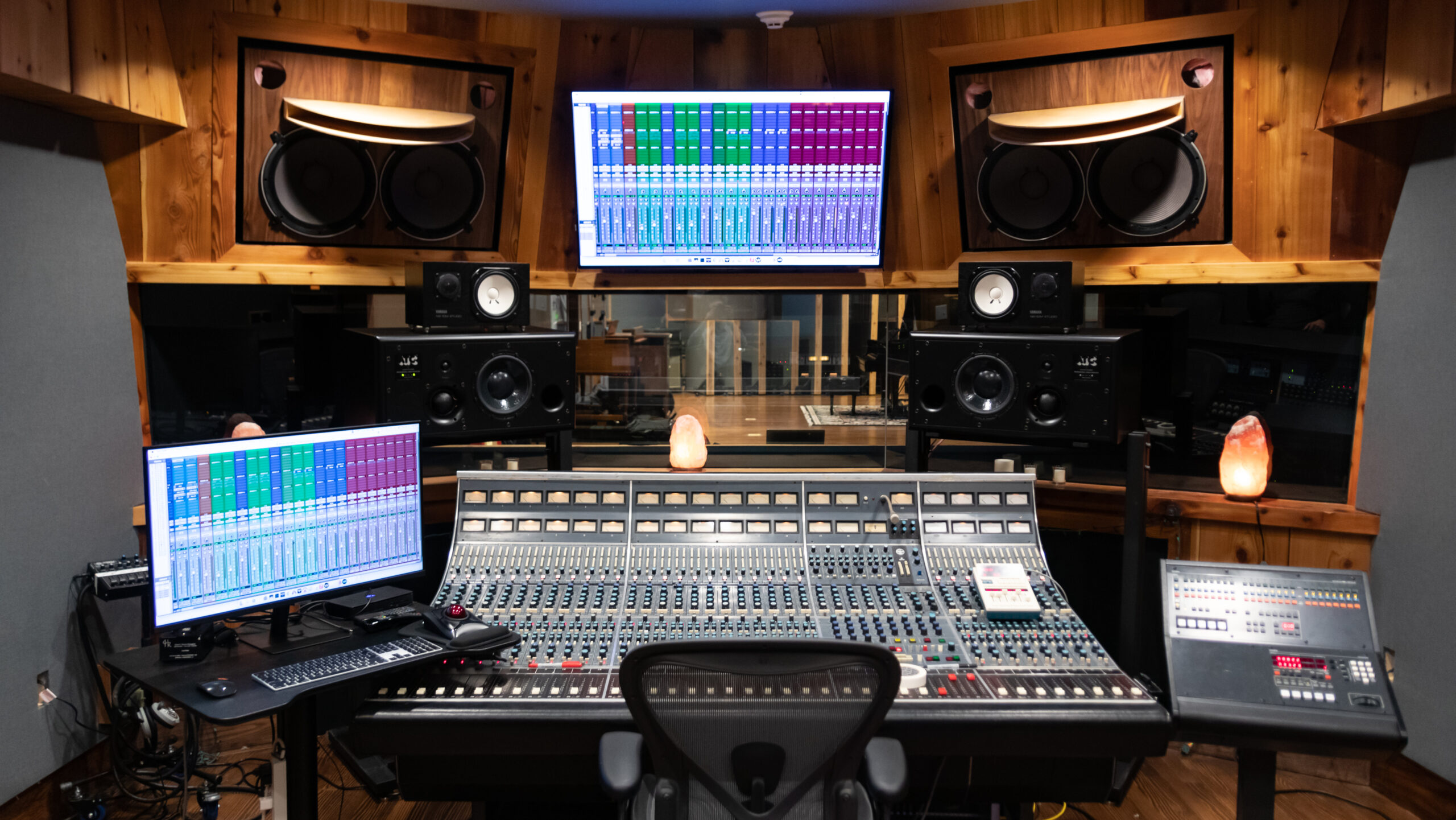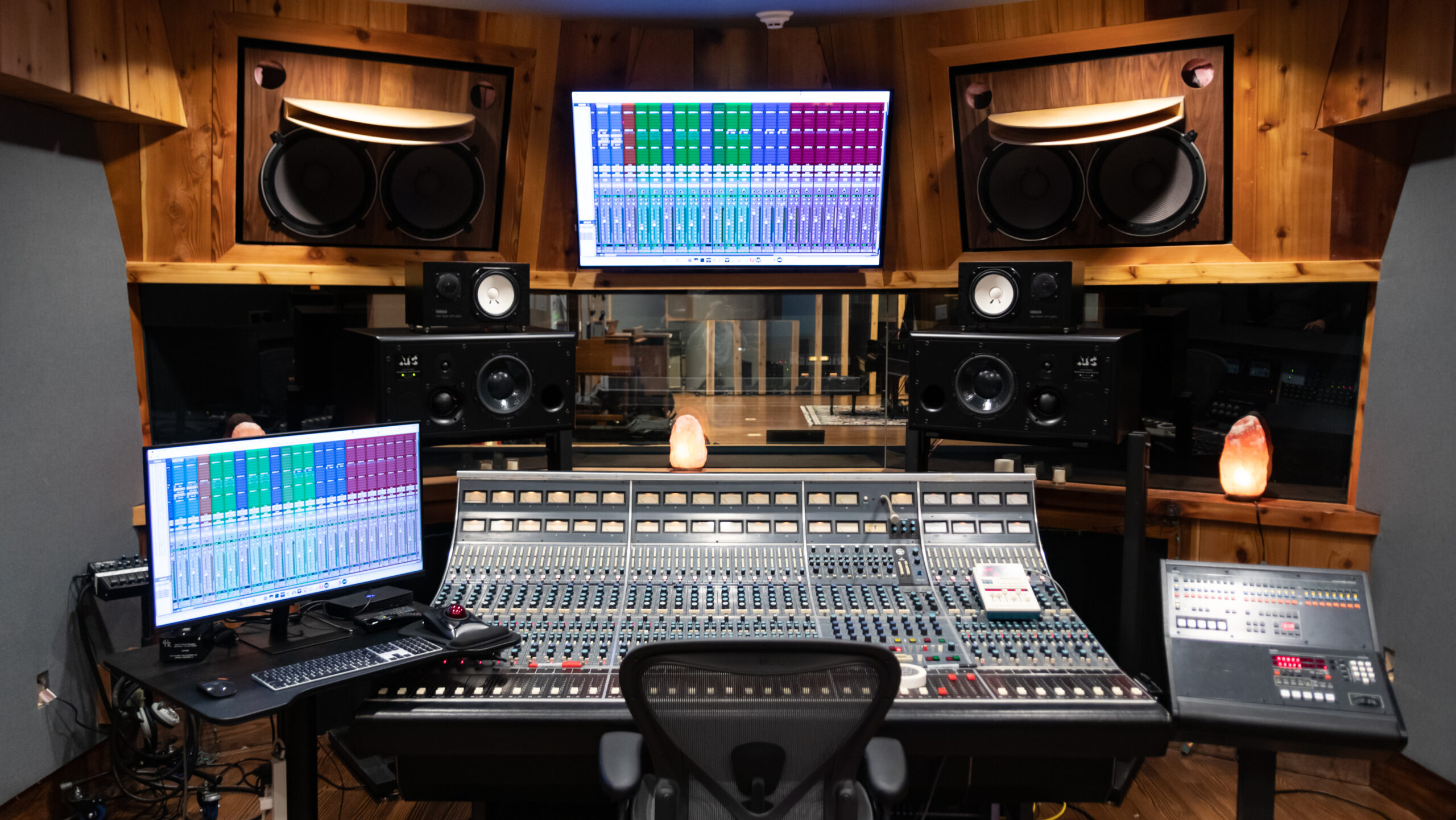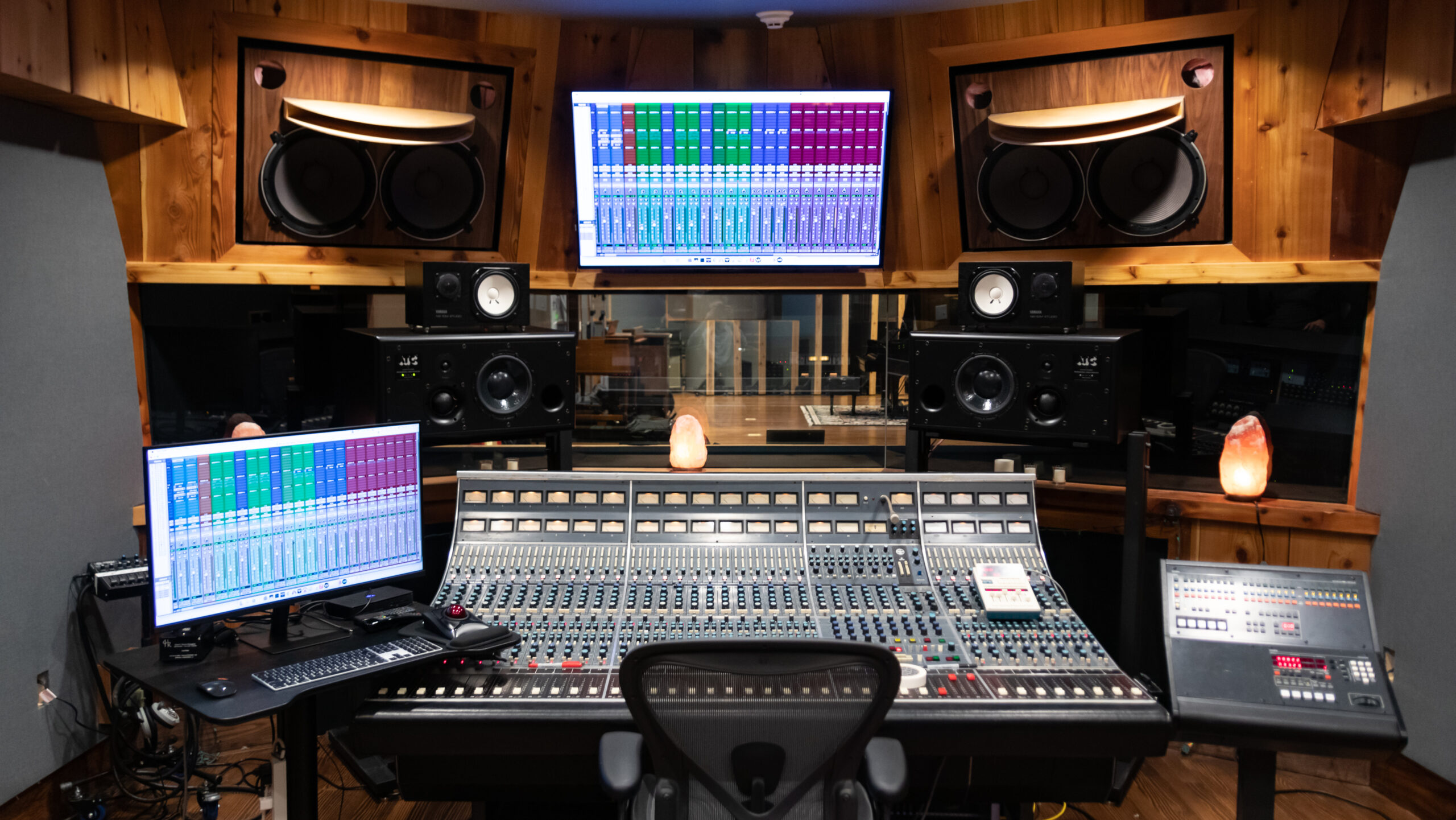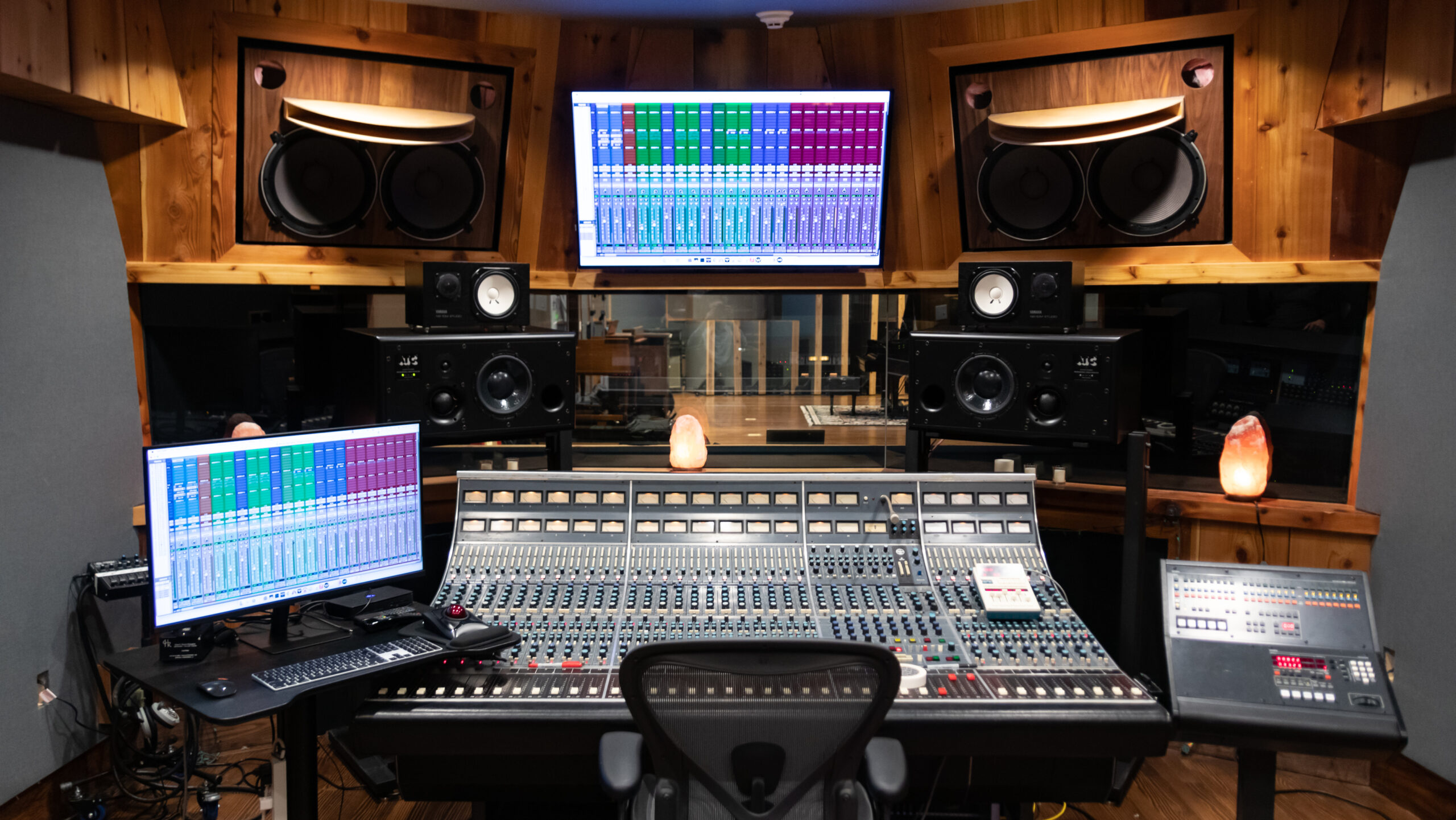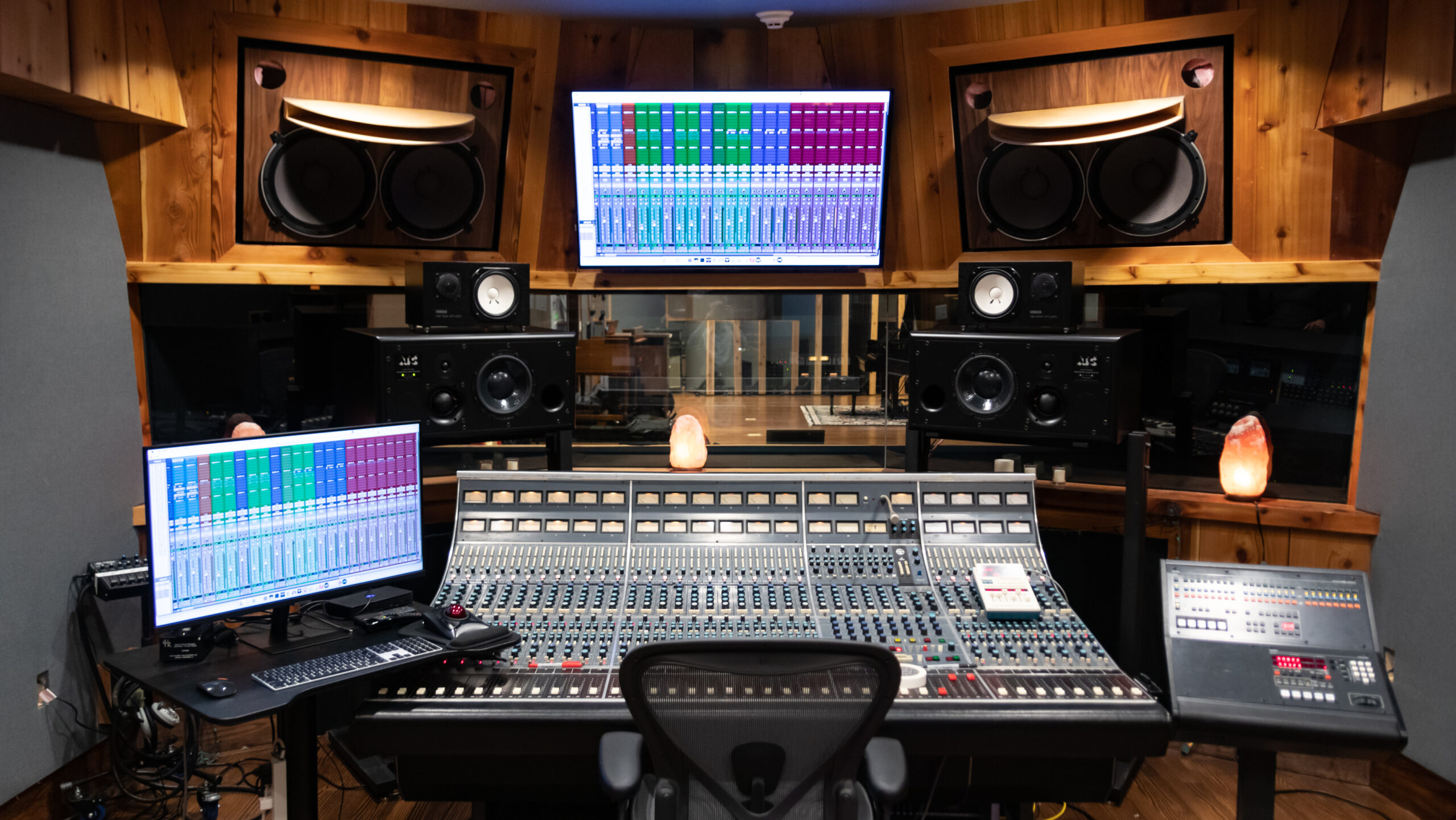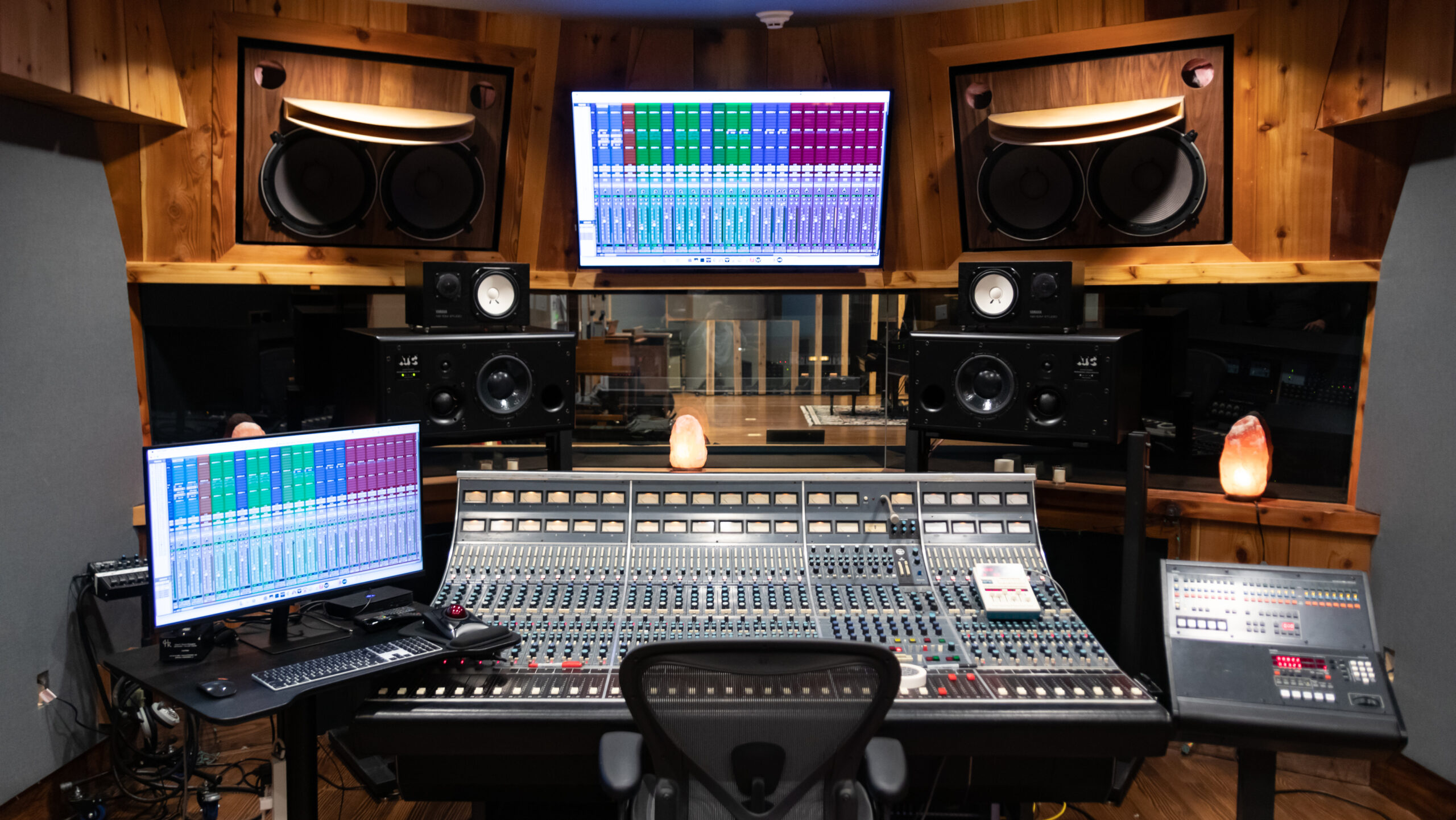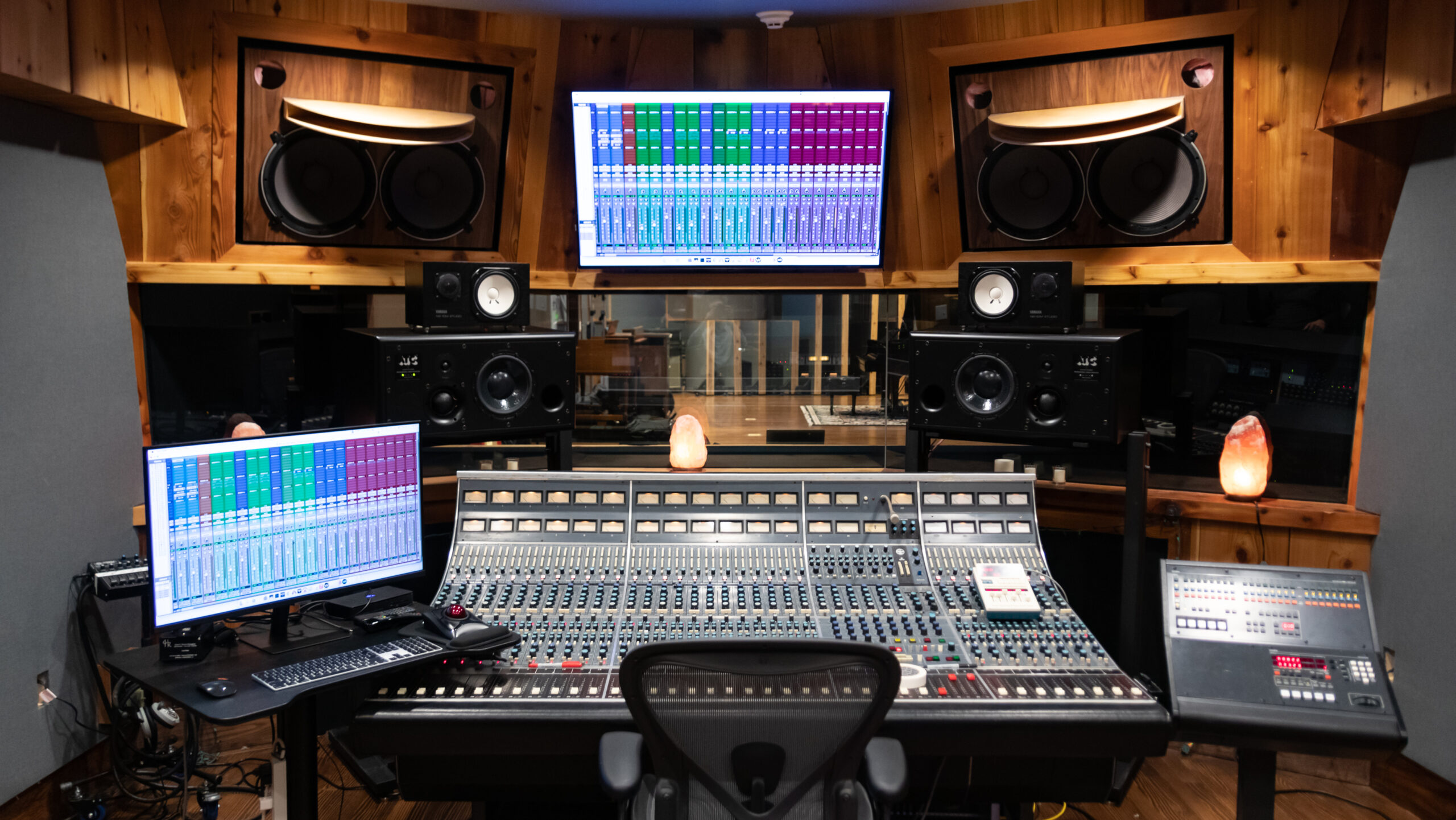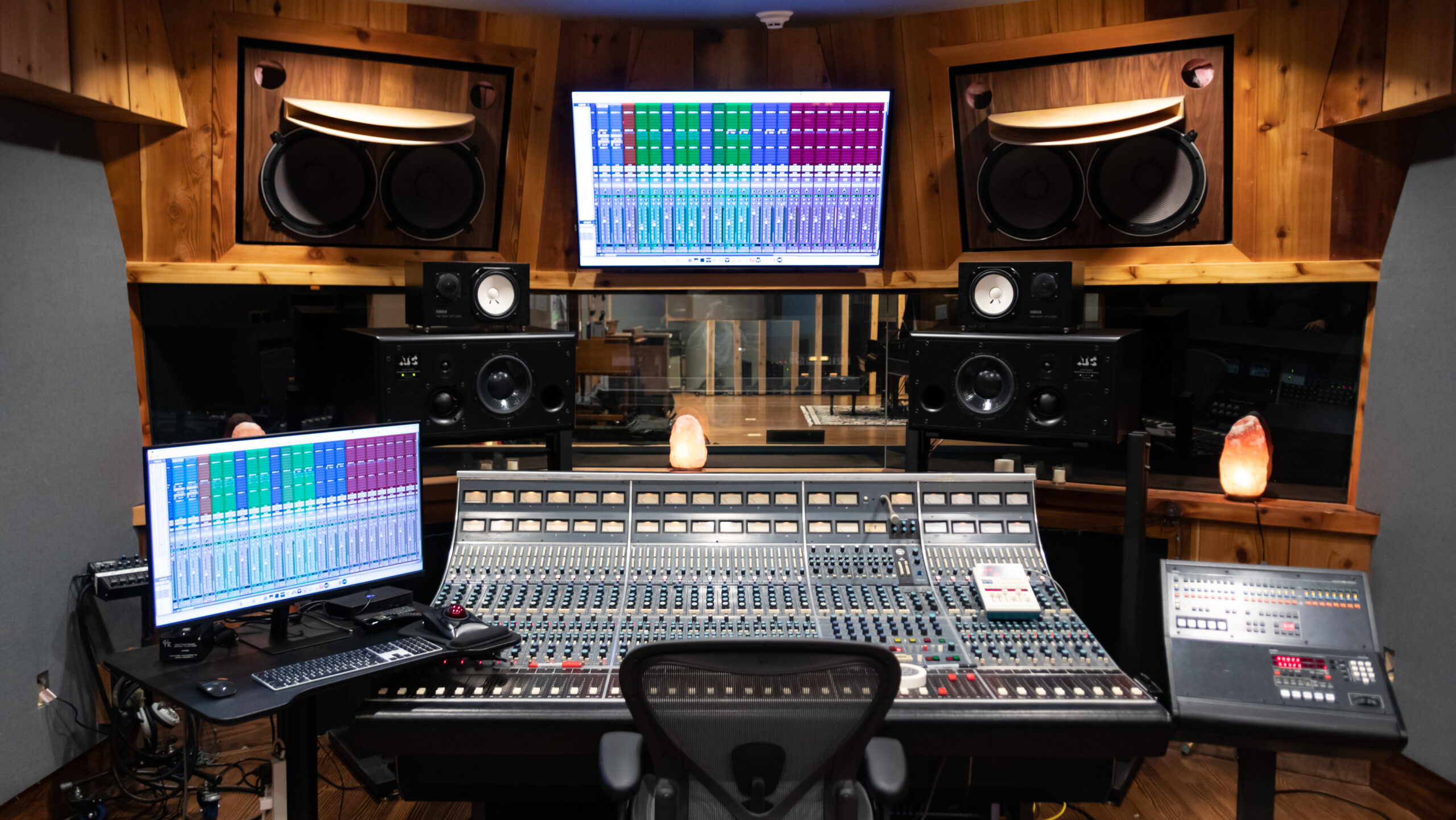The recording industry relies heavily on pristine…
Music Recording Studio Insurance: Essential Protection for Audio Production Facilities
Introduction
Music recording studios face unique risks that standard commercial insurance policies often overlook. From expensive audio equipment worth hundreds of thousands of pounds to liability concerns involving artists and clients, recording studios require specialized insurance coverage tailored to their specific operational needs. This comprehensive guide explores the essential insurance protections every music recording studio should consider to safeguard their business, equipment, and reputation.
Understanding the Unique Risks of Recording Studios
Recording studios operate in a high-value, high-risk environment where expensive equipment, creative professionals, and commercial clients intersect. The combination of sophisticated technology, valuable instruments, and constant foot traffic from artists, producers, and industry professionals creates exposure to numerous potential losses.
Equipment represents the largest investment for most studios, with mixing consoles, microphones, monitors, and digital audio workstations often valued at hundreds of thousands of pounds. A single fire, flood, or theft could devastate a studio's ability to operate. Additionally, the creative nature of the business means that any interruption to operations can result in lost bookings, cancelled projects, and damaged relationships with high-profile clients.
Essential Insurance Coverage for Recording Studios
Commercial Property Insurance
Property insurance forms the foundation of recording studio protection, covering the physical building and its contents. For recording studios, this coverage must extend beyond basic commercial property protection to address the unique value and vulnerability of audio equipment.
Building coverage protects the studio structure itself, including any specialized acoustic treatments, soundproofing, and architectural modifications essential to the studio's function. Many studios invest heavily in acoustic design, custom-built isolation booths, and specialized electrical systems that require adequate coverage limits.
Contents coverage must accurately reflect the true replacement value of recording equipment. Standard depreciation schedules often fail to account for the specialized nature of professional audio gear, making agreed value or replacement cost coverage essential. This should include mixing consoles, microphones, outboard gear, monitors, computers, software, and any musical instruments owned by the studio.
Equipment Breakdown Insurance
Recording studios depend entirely on electronic equipment, making equipment breakdown coverage crucial. This specialized coverage protects against mechanical or electrical failure of essential equipment, covering both repair costs and business interruption losses while equipment is being repaired or replaced.
Modern recording studios rely on complex digital systems where the failure of a single component can shut down operations entirely. Equipment breakdown insurance can cover the cost of emergency repairs, expedited shipping of replacement parts, and even the cost of renting temporary equipment to maintain operations.
Business Interruption Insurance
When a recording studio cannot operate due to covered damage, business interruption insurance replaces lost income and covers ongoing expenses. For studios, this coverage is particularly important given the project-based nature of the business and the difficulty of rescheduling recording sessions.
Business interruption coverage should account for the studio's booking patterns, seasonal fluctuations, and the potential impact on long-term client relationships. Some policies can be structured to cover the loss of specific high-value projects or contracts that cannot be rescheduled.
Public Liability Insurance
Recording studios regularly host clients, artists, producers, and other visitors, creating significant public liability exposure. This coverage protects against claims for bodily injury or property damage suffered by third parties while on the studio premises.
Common scenarios include slip and fall accidents, injuries from equipment, or damage to clients' personal property or instruments. Given the high-profile nature of many recording studio clients, liability claims can be substantial and highly publicized.
Professional Indemnity Insurance
Professional indemnity insurance protects recording studios against claims arising from professional services, including errors in recording, mixing, or mastering that result in financial loss to clients. This coverage is increasingly important as studios take on more production responsibilities and work with higher-budget projects.
Claims might arise from technical errors that require expensive re-recording, failure to deliver projects on schedule, or disputes over creative decisions that impact commercial releases. Professional indemnity coverage can also protect against claims related to copyright infringement or unauthorized use of samples or compositions.
Employers' Liability Insurance
Studios employing staff, including engineers, assistants, or administrative personnel, require employers' liability insurance. This mandatory coverage protects against claims from employees who suffer injury or illness related to their work.
In recording studios, risks might include hearing damage from prolonged exposure to loud music, repetitive strain injuries from operating equipment, or accidents involving heavy equipment during setup or breakdown.
Cyber Insurance
Modern recording studios store vast amounts of digital content, including unreleased recordings, master files, and client data. Cyber insurance protects against data breaches, ransomware attacks, and other cyber threats that could compromise valuable intellectual property.
A cyber attack on a recording studio could result in the theft of unreleased music, which might be worth millions to competitors or could damage an artist's commercial prospects if leaked prematurely. Cyber coverage should include data recovery costs, business interruption losses, and liability for compromised client information.
Key Equipment and Instruments Coverage
Many recording studios own valuable musical instruments that are loaned to artists during recording sessions. Specialized coverage for musical instruments should account for their unique value, the risks associated with frequent handling by different users, and the potential for damage during recording sessions.
This coverage might extend to vintage instruments, rare microphones, or custom-built equipment that cannot be easily replaced. Some policies offer worldwide coverage for equipment that travels to remote recording locations or live venues.
Factors Affecting Recording Studio Insurance Costs
Location and Building Type
Studios located in high-crime areas or buildings with poor security face higher premiums. Conversely, purpose-built facilities with advanced security systems, fire suppression, and climate control may qualify for discounts.
Equipment Values and Security
The total value of equipment directly impacts premiums, but studios with comprehensive security systems, including alarms, cameras, and restricted access controls, may receive favorable rates.
Business Operations and Client Profile
Studios working with high-profile artists or handling particularly valuable projects may face higher premiums due to increased liability exposure and the potential for larger claims.
Claims History and Risk Management
Studios with clean claims histories and proactive risk management programs typically receive better rates. This might include regular equipment maintenance, staff training programs, and comprehensive safety protocols.
Choosing the Right Insurance Provider
Specialist vs. General Insurers
While general commercial insurers can provide basic coverage, specialist entertainment industry insurers better understand the unique risks and coverage needs of recording studios. These specialists often offer more comprehensive coverage options and have claims handlers familiar with the industry.
Coverage Limits and Deductibles
Recording studios should carefully consider coverage limits, ensuring they reflect the true cost of rebuilding and re-equipping the facility. Higher deductibles can reduce premiums but should be balanced against the studio's ability to absorb losses.
Policy Exclusions and Limitations
Common exclusions in recording studio policies might include wear and tear, gradual deterioration, or damage from certain environmental conditions. Understanding these exclusions helps studios identify gaps that might require additional coverage.
Risk Management Best Practices
Security Measures
Comprehensive security systems protect both equipment and reduce insurance costs. This includes burglar alarms, surveillance cameras, access control systems, and secure storage for portable equipment.
Equipment Maintenance
Regular maintenance programs help prevent equipment failures and demonstrate good risk management to insurers. Documented maintenance schedules can support claims and may qualify for premium discounts.
Staff Training
Proper training reduces the likelihood of accidents and equipment damage. This includes training on equipment operation, safety procedures, and emergency response protocols.
Environmental Controls
Climate control systems protect sensitive equipment from temperature and humidity fluctuations that can cause damage over time. Fire suppression systems designed for electronic equipment provide additional protection.
Claims Management and Recovery
Immediate Response Procedures
Recording studios should have clear procedures for responding to losses, including immediate notification to insurers, securing the scene, and documenting damage. Quick response can minimize losses and expedite claims settlement.
Working with Adjusters
Insurance adjusters may not be familiar with specialized recording equipment, making it important for studios to work with experts who can properly evaluate damage and replacement costs.
Business Continuity Planning
Having plans in place for continuing operations during repairs or rebuilding helps minimize business interruption losses. This might include arrangements with other studios, rental equipment suppliers, or temporary facilities.
Industry-Specific Considerations
Home-Based Studios
Small home-based studios may not be adequately covered under standard homeowner's policies and should consider commercial coverage or specialized home business endorsements.
Mobile Recording Services
Studios offering mobile recording services need coverage that extends to equipment while in transit and at temporary locations. This requires specialized inland marine or equipment floater coverage.
Multi-Location Operations
Studio chains or companies operating multiple facilities need coordinated coverage that addresses the unique risks of each location while providing efficient management and potentially better rates through combined purchasing power.
Regulatory and Legal Considerations
Health and Safety Compliance
Recording studios must comply with health and safety regulations, particularly regarding noise levels, electrical safety, and workplace conditions. Insurance coverage should align with regulatory requirements.
Licensing and Permits
Proper licensing and permits are often prerequisites for insurance coverage. Studios should maintain current licenses for business operations, music licensing, and any specialized permits required for their location.
Contract Requirements
Many recording contracts require studios to maintain specific levels of insurance coverage. Understanding these requirements helps ensure adequate protection and contract compliance.
Future Trends and Considerations
Technology Evolution
As recording technology continues to evolve, insurance coverage must adapt to protect new types of equipment and address emerging risks. This includes coverage for cloud-based systems, artificial intelligence tools, and virtual reality recording technologies.
Remote Collaboration
The growing trend toward remote collaboration in music production creates new risks around data transmission, intellectual property protection, and equipment used in multiple locations.
Environmental Concerns
Increasing focus on environmental responsibility may impact insurance requirements, particularly around waste disposal, energy efficiency, and sustainable business practices.
Conclusion
Music recording studio insurance requires a sophisticated understanding of the unique risks facing audio production facilities. From protecting expensive equipment to managing liability exposure with high-profile clients, recording studios need comprehensive coverage tailored to their specific operations.
The key to effective protection lies in working with insurers who understand the entertainment industry and can provide coverage that addresses both common and specialized risks. Regular review of coverage limits, risk management practices, and industry developments ensures that protection remains adequate as the business grows and evolves.
Recording studios represent significant investments in both equipment and reputation. Proper insurance protection safeguards these investments while providing the peace of mind necessary to focus on what matters most: creating exceptional music and serving clients in one of the world's most dynamic and creative industries.


 0330 127 2333
0330 127 2333
